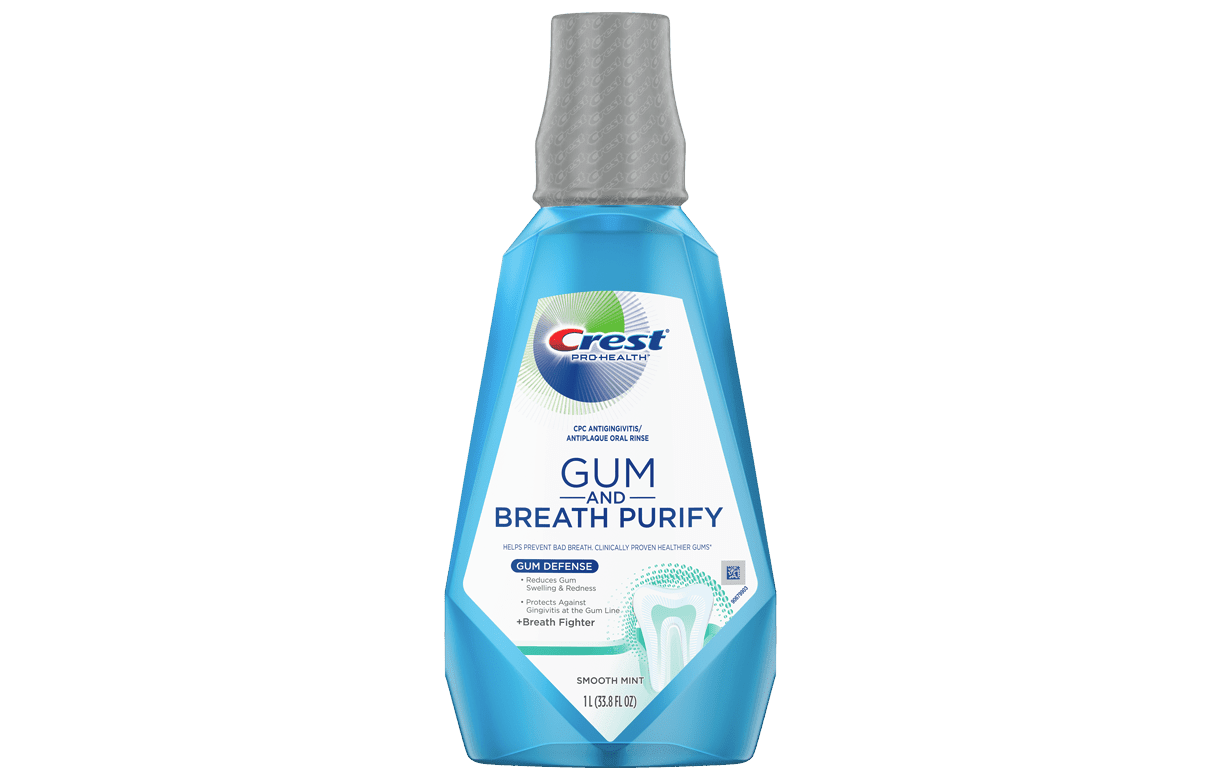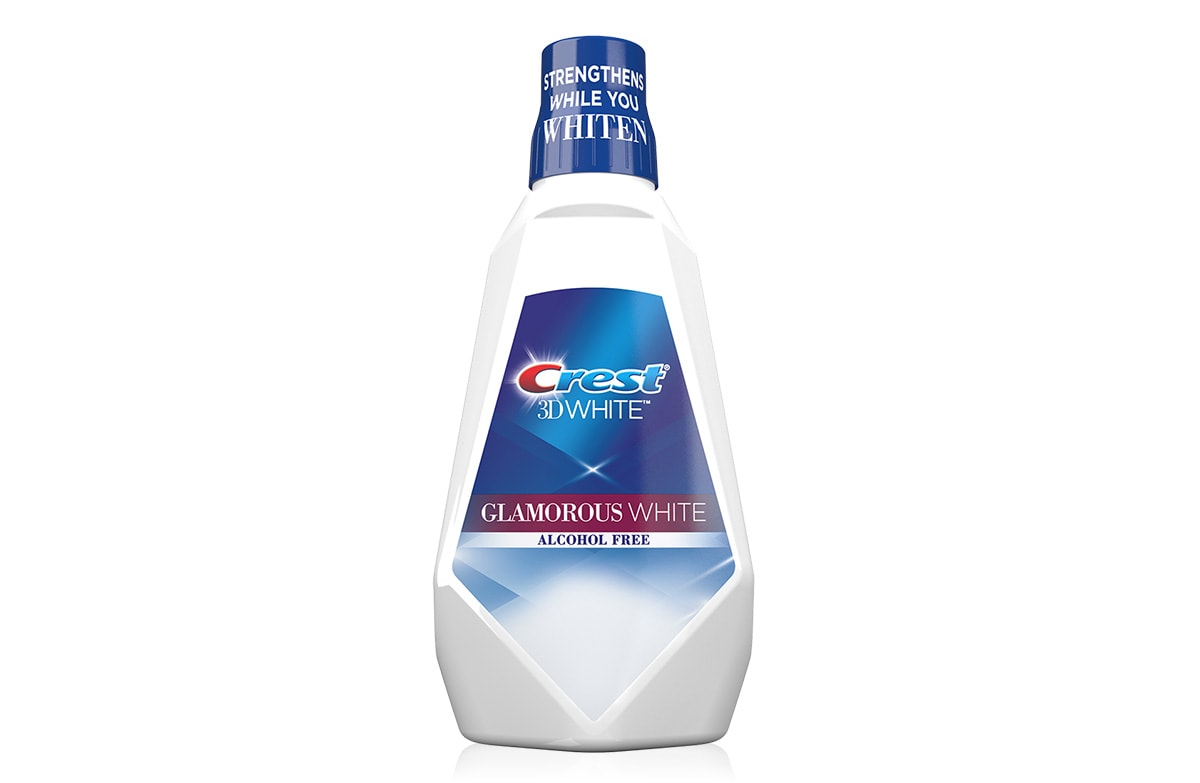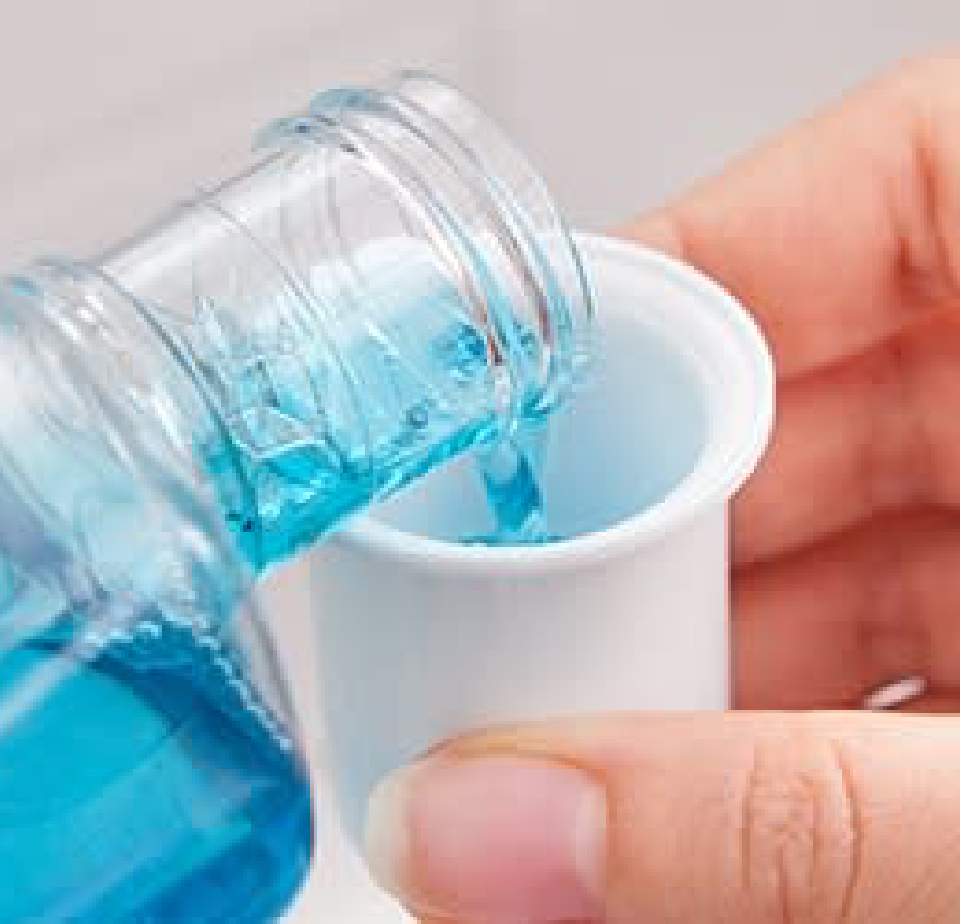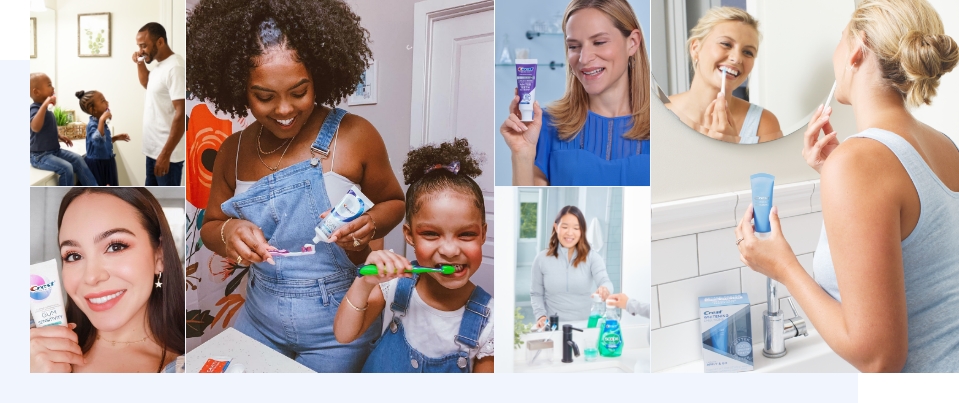MOUTHWASH
Does Crest Pro-Health Rinse Stain Teeth Brown and Blue?
Does Crest Pro-Health Rinse Stain Teeth Brown? Does Crest Pro-Health Rinse Stain Teeth Blue?
Does Crest Pro-Health Rinse Stain Teeth Brown?
Like all mouthwashes that effectively fight plaque and gingivitis, Crest Pro-Health Rinse can contribute to temporary, surface-level brown tooth discoloration, which is reported by a small percentage of individuals.
Tooth discoloration could actually be one indication, in some people, that the product is working: after the rinse kills germs in your mouth, the dead germs can collect on the tooth surface and create the appearance of a brown stain.
Tooth discoloration could be exaggerated by many other factors, such as existing tartar on teeth, consumption of colored beverages like coffee, tea and/or red wine, or tobacco use.
Brown tooth discoloration from use of mouthwashes that effectively fight plaque and gingivitis is not harmful. It is reversible - and largely preventable - through options like brushing with a power toothbrush and tartar-control/whitening toothpaste, flossing, and visiting the dentist regularly.
Does Crest Pro-Health Rinse Stain Teeth Blue?
Crest Pro-Health Rinse Refreshing Clean Mint flavor contains a blue dye. The dye is safe, will not permanently stain your teeth or tongue, and should wash away with normal eating and drinking.
However, you might want to try Crest Pro-Health Rinse Cool Wintergreen flavor, or Crest Pro-Health Night Rinse, neither of which contain blue dye.
Some consumers may notice blue specks in their sink after spitting out Crest Pro-Health Rinse Refreshing Clean Mint Flavor:
- The blue dye in the mouthwash can bind to germs in your mouth, making them more visible when you spit into the sink.
- Some consumers find that running water in the sink before spitting out the rinse helps prevent the blue specks from sticking.
Discover More
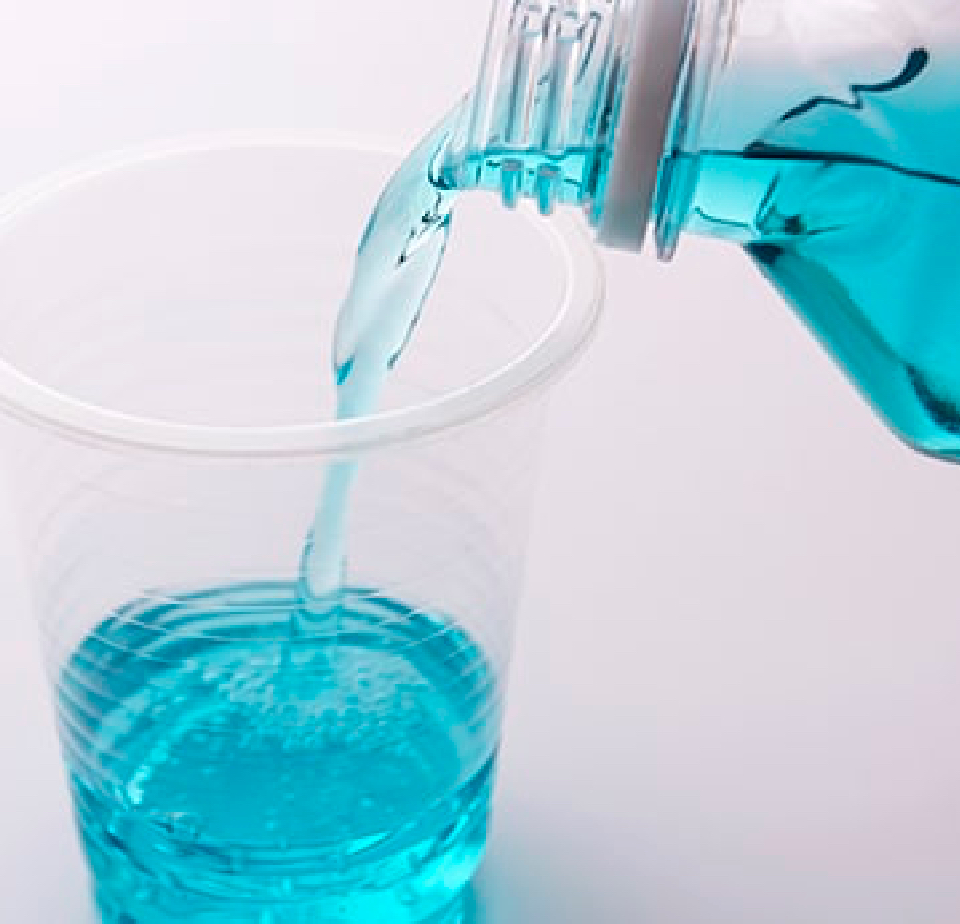 Difference Between Non-Fluoride and Fluoride Mouthwash
Difference Between Non-Fluoride and Fluoride Mouthwash